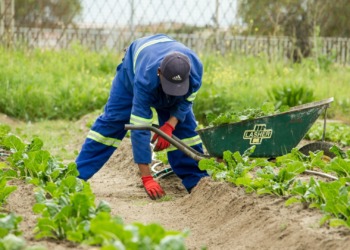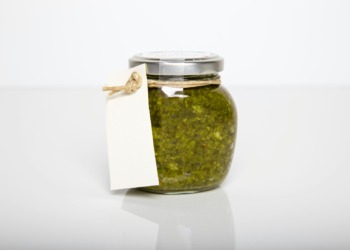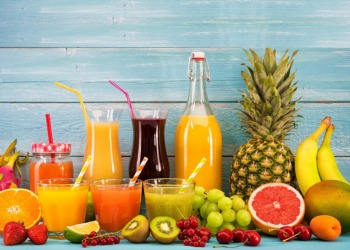Recently, I came across the zero-waste store Salt of The Earth. My discovery had come at an opportune time, following a chat with my flatmate about the number of plastic milk containers that we were going through during the lock-down. We were reminiscing from childhood days about the little glass bottles of milk that would miraculously turn up on our doorstep each morning, to be returned there empty each night.

Passing Salt of the Earth with this conversation still fresh in my brain made me do an u-turn. Whilst I had come across a few small refill shops in London, it had been a couple of years back, and their range was limited to grains and pulses.
Today Zero-Waste, or Refill, Stores are becoming more popular and prevalent, expanding the range of products available for customers. Even large supermarket chains are starting to jump on the bandwagon. In January, it was reported that Asda had intended to open a ‘sustainability store’ in May 2020 (unfortunately stalled by the COVID—19 pandemic), and there are more recent reports of Tesco and Loop trialing a refill service as well.

But for those looking to shop more sustainably while supporting local businesses, there may now be a zero-waste shop close to you — and for those in the UK, if nothing comes up on your google search, you can find guides for how to find these stores online, such as this general directory and this list of best-rated stores in the UK.
In Salt of The Earth it was nostalgic, and good news for my waste footprint, to see that not only were the old, glass milk pint bottles I’d remembered available — to be brought back and refilled! – but also that almond milk and coconut milk were also being sold fresh in glass reusable containers, along with a variety of grains, pulses, oats, bread, detergents, beauty products, and now, even locally made and washable Face Masks.

It may just be a couple of items that you manage to switch over to, but a little goes a long way. Supporting local businesses also supports a change in your community’s mindsets and practices regarding sustainability and waste reduction – this could lead to a chain reaction, where neighboring businesses may also be inspired and motivated to make small changes, responding to the attitudes of customers.
To ‘best practice’ your zero-waste shopping endeavor, be sure to use and reuse your containers and bags! You are able to buy reusable containers in zero-waste stores — but if you already have the suitable containers at hand you are one step ahead! For more tips on reducing kitchen waste, read this article.

Aiming for local shops, if possible, will reduce transport emissions and travel costs. For your products and produce sourced from elsewhere, there are still ways to practice being more sustainable, by reducing your meat consumption, buying foods that are seasonal and grown locally, and looking out for which food brand items are available in non-plastic packaging. For more details, check out this article here.
Directory as of 2019 October
https://www.saltoftheearthbroadstairs.co.uk/
Editor’s Note: The opinions expressed here by Impakter.com columnists are their own, not those of Impakter.com. — In the Featured Photo: Crates of fruit and vegetables. Featured Photo Credit: Canva.









